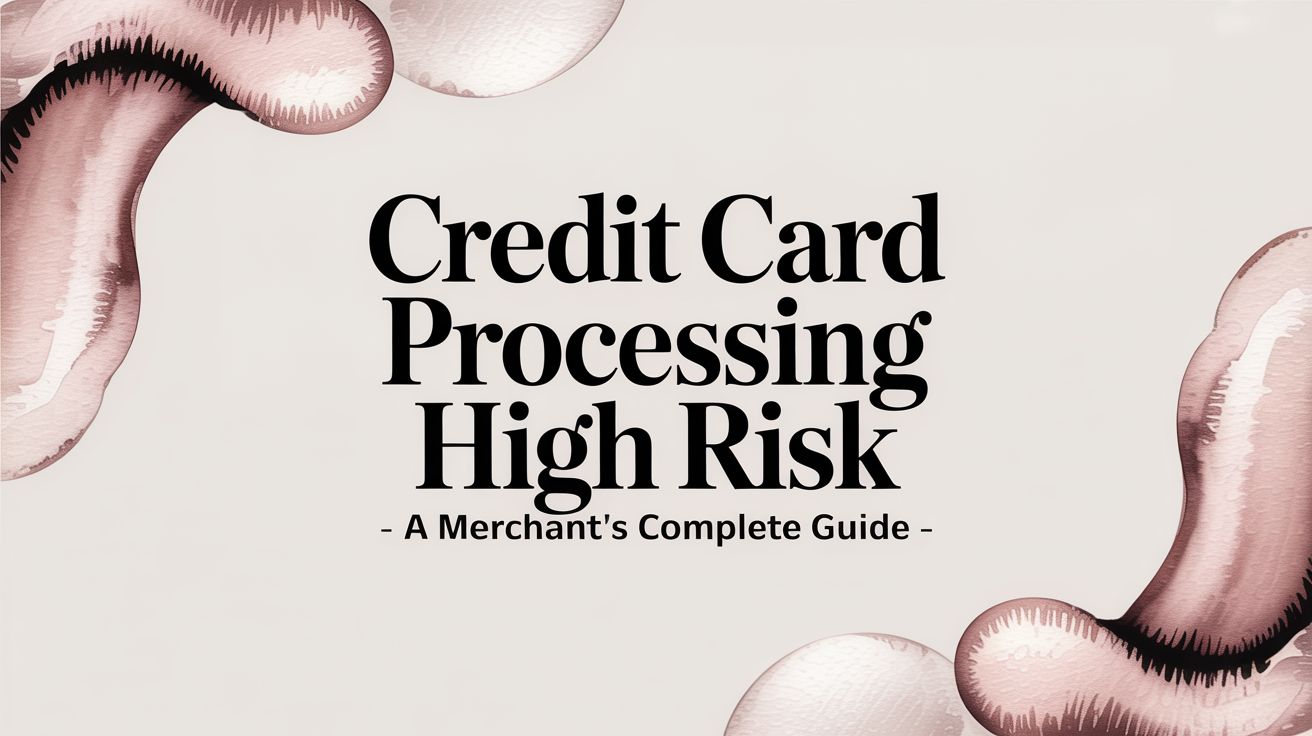
How much are chargebacks costing your business? Chargebacks pose a significant financial threat to merchants, with an estimated $125 billion in losses globally each year, including fees, lost revenue, and merchandise.
For every $100 in chargebacks, businesses incur up to $240 in additional costs, making prevention crucial.
In this guide, we’ll explore the best strategies to help businesses effectively prevent chargebacks.
From improving fraud detection to offering clear refund policies, these proven tactics will minimize disputes, protect your revenue, and enhance customer satisfaction.
What is a Chargeback?
A chargeback is a reversal of a transaction initiated by the cardholder's bank, typically in response to a dispute raised by the customer. This process allows the customer to recover funds if they believe the transaction was unauthorized, or fraudulent, or did not receive the goods or services as promised.
Why to Chargeback Happens
- The customer claims the transaction was made without their consent, often due to credit card theft or fraud.
- The customer did not receive the purchased items or services, leading them to request a chargeback.
- The product received by the customer significantly differs from the description or expectations, prompting them to dispute the charge.
- The customer disputes recurring charges because they canceled the service or were unaware of the automatic renewal.
- Duplicate transactions, incorrect amounts, or other payment processing issues can prevent a customer from initiating a chargeback.
- In cases where the customer is unhappy with the product or service and attempts to resolve the issue directly with the business, but feels unsatisfied, they may resort to a chargeback.

Best Strategies for Preventing Chargeback
Preventing chargebacks requires a combination of proactive measures, transparent communication, and operational efficiency.
Implementing the right strategies can significantly reduce the risk of chargebacks, protect your revenue, and improve customer satisfaction.
Below are the best strategies to help you prevent chargebacks:
1. Maintain Clear Product Descriptions and Expectations
Ensure that your product or service descriptions are accurate, detailed, and easy to understand. Misleading information or vague descriptions can result in customer dissatisfaction, leading to disputes.
By managing expectations upfront, you reduce the likelihood of a chargeback due to the product not matching the customer’s perception.
2. Implement Robust Fraud Prevention Tools
Invest in fraud detection technologies like Address Verification Systems (AVS), Card Verification Value (CVV) checks, and machine learning algorithms.
These tools help identify and block suspicious transactions before they’re completed, mitigating the risk of fraudulent chargebacks.
Using AI-based systems allows real-time analysis of customer behavior to detect anomalies that might indicate fraud.
3. Offer Clear and Accessible Refund Policies
Having a well-defined and easy-to-understand refund policy can encourage customers to seek refunds directly from your business instead of initiating chargebacks.
Make the refund process simple, visible, and customer-friendly. This helps resolve disputes internally and avoids the formal chargeback process.
4. Provide Excellent Customer Service
A responsive and helpful customer service team can address customer issues before they escalate into chargebacks.
Make sure customers can easily contact you via phone, email, or live chat to resolve any problems or complaints promptly.
Offering effective communication channels helps build trust and reduces the need for customers to bypass you and go directly to their bank.
5. Use Descriptive Billing Statements
One of the most common reasons for chargebacks is "unrecognized transaction" claims. To avoid this, ensure that your business name, contact details, and product descriptions are clearly displayed on customers' billing statements.
Confusing or unfamiliar billing descriptors can lead to disputes when customers don’t recognize the charge on their account.
6. Track and Verify Shipping Information
Always provide tracking numbers and proof of delivery when shipping physical products. For higher-value items, consider requiring a signature upon delivery.
Having accurate shipping records helps you dispute any chargeback related to non-delivery claims, providing strong evidence that the product was sent and received.
7. Optimize Recurring Billing Management
If your business offers subscription services, make sure you communicate billing schedules clearly and remind customers before charges are applied.
Allow customers to easily cancel or modify their subscriptions to prevent disputes over unwanted recurring charges.
Mismanagement of recurring payments is a frequent cause of chargebacks, and being transparent about billing can reduce disputes.
8. Monitor and Analyze Chargeback Data
Regularly review your chargeback data to identify trends or specific reasons behind disputes.
By analyzing patterns, such as products or regions with higher chargeback rates, you can make informed adjustments to your business processes to prevent future occurrences.
Data-driven insights are essential for improving your chargeback prevention efforts.
9. Offer Secure Payment Options
Encourage customers to use secure payment methods, such as digital wallets, that offer an additional layer of security. Secure payment options reduce the risk of fraud and unauthorized transactions, which are major contributors to chargebacks.
Two-factor authentication and tokenization can also help minimize the risk of unauthorized access to sensitive payment information.
10. Maintain Strong Record-Keeping and Documentation
Keep detailed records of every transaction, including invoices, receipts, communication with customers, and proof of delivery.
Good record-keeping is crucial when disputing chargebacks, as it enables you to provide compelling evidence during the representment process. Documentation strengthens your case and increases your chances of successfully recovering lost funds.
These strategies, when applied consistently, can drastically reduce chargeback occurrences and help maintain a healthy relationship with your customers and payment partners.
What to Do if Prevention Fails Out?
Even with the best strategies in place, it’s nearly impossible to eliminate chargebacks entirely. When prevention methods fail, it's crucial to efficiently manage the dispute process.
Handling chargebacks is time-consuming and complex, but with the right tools, businesses will minimize the impact of these disputes and recover lost revenue.
This is where ChargePay comes in as a powerful solution for chargeback management.
ChargePay is an AI-driven chargeback management platform designed to help businesses effectively handle chargebacks from start to finish. Here's how ChargePay can help:
- Automated Dispute Management: ChargePay automates the entire dispute process, from gathering evidence to submitting it to the relevant banks and card networks. This minimizes manual work and ensures that businesses respond to disputes quickly and efficiently.
- Real-Time Analytics: ChargePay provides real-time insights into your chargeback data, helping businesses identify trends, understand the root causes of disputes, and make informed decisions to prevent future chargebacks.
- Customizable Workflows: ChargePay allows businesses to tailor workflows and risk management strategies based on specific needs, helping to streamline operations and minimize the time spent on disputes.
By integrating ChargePay into business operations, you will for sure manage chargebacks and improve your success rate in disputing illegitimate ones.
When prevention falls short, simply book a demo and automate chargeback management.
.webp)






.svg)







.svg)
.svg)
.svg)